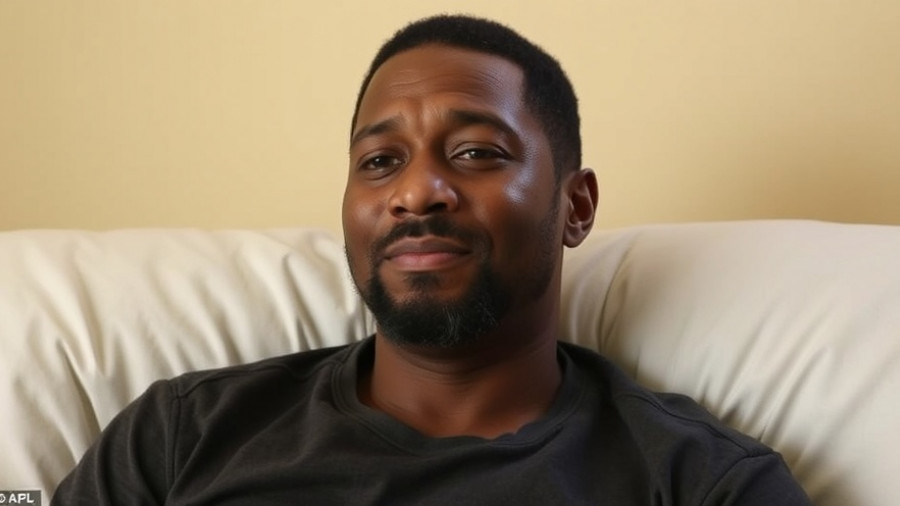
A Heartfelt Loss: Remembering D’Angelo and the Fight Against Pancreatic Cancer
Last week, the music industry grieved the loss of a true legend, neo-soul icon D’Angelo, who succumbed to pancreatic cancer at just 51 years old. His death not only left a visceral impact on fans but also serves as a stark reminder of the disproportionate toll this aggressive disease takes on Black Americans. Personally, I understand this struggle all too well; my father also faced this insidious illness, which significantly influences my perspective on health inequities.
The Silent Killer: A Closer Look at Pancreatic Cancer
Pancreatic cancer is known as “the silent killer” due to its lack of early warning signs and its rapid progression. Alarmingly, nearly half of all patients are diagnosed at stage 4 when the cancer has already spread to other organs. This late diagnosis contributes to a dismal five-year survival rate of about 13%, according to health experts. African Americans face an even tougher battle, with pancreatic cancer diagnoses 50% to 90% higher than those of other racial groups.
Understanding the Risk Factors: Why It Matters
Research outlined in studies confirms that several factors contribute to the increased risk of pancreatic cancer among Black Americans. Health conditions such as obesity and diabetes are more prevalent in this community, making awareness and proactive health measures essential. Furthermore, lifestyle choices like smoking and substance abuse compound risks, even when genetics and familial history do not apply. Knowing these risk factors is pivotal in disease prevention and initiating conversations about better healthcare access and options.
Personal Reflections: Family Decisions and Quality Time
The emotional weight of decisions surrounding a loved one’s cancer treatment can be overwhelming. When my father was diagnosed, we had to decide between aggressive treatment or focusing on making the most of his remaining time. We didn’t opt for chemotherapy, instead choosing targeted radiation, which allowed him to enjoy life and create lasting memories with family. Now, the importance of cherishing every moment resonates deeply with me, making health discussions even more critical in our communities.
Highlighting Notable Cases: Icons Lost to Cancer
D’Angelo is not alone in his battle; he joins the ranks of other influential Black figures who have lost their lives to pancreatic cancer, including legends like Aretha Franklin and Joe Jackson. Their stories amplify the call for awareness and research into how cultural and socioeconomic factors influence health disparities in Black communities.
Future Insights: The Need for Accessible Healthcare and Education
Moving forward, a significant transformation in public health strategies is necessary to address these disparities in pancreatic cancer outcomes. To create equitable healthcare access, initiatives must focus on improving screening methods and providing resources tailored to communities most affected by these diseases. Increased funding for health education and economic opportunities can also bridge gaps that contribute to poorer health outcomes.
Community Engagement: Advocating for Health Equity
It’s crucial for families and neighbors to advocate for health equity in their communities. Engaging in activities that promote awareness about pancreatic cancer, coupled with providing support resources to those affected, can significantly impact health outcomes. Communities should be aware that they can mobilize and demand better healthcare infrastructures to combat these disparities.
Conclusion: Take Action for Health Equity
The loss of D’Angelo may be a personal tragedy for many, but it also presents an opportunity to draw attention to the realities of pancreatic cancer and health inequities that demand immediate action. As individuals, we can start dialogues about health, promote preventive care, and push for policies that can improve healthcare access for everyone, especially marginalized communities.
Let us honor D’Angelo's memory by committing ourselves to this vital cause. Advocate for stronger healthcare policies, promote health education, and focus on holistic wellness for us and future generations.
 Add Row
Add Row  Add
Add 




Write A Comment